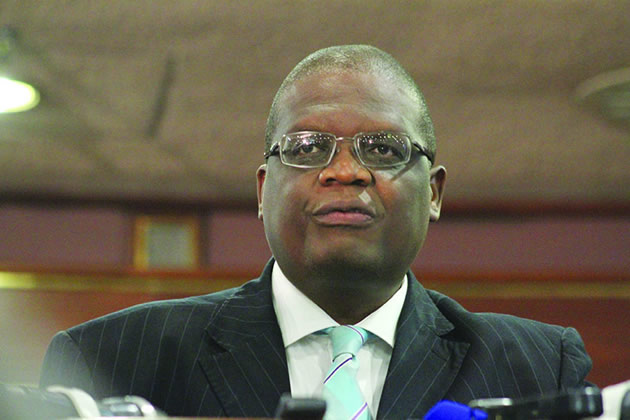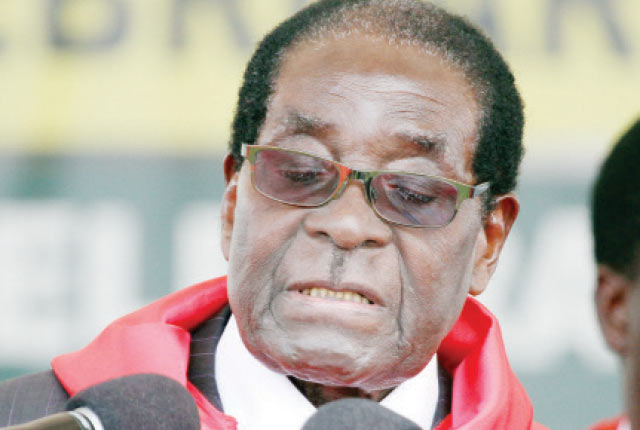RBZ to introduce shared POS machines

Leonard Ncube in Victoria Falls
THE Reserve Bank of Zimbabwe (RBZ) will soon introduce shared point of sale machines (POS), which will see up to 10 operators sharing a single gadget, each with a personalised code.
The Deputy RBZ Governor, Dr Kupukile Mlambo, said this was one of the many strategies the apex bank was employing to mitigate foreign currency shortages caused by externalisation.
He called on all businesses in the country to open bank accounts so that cash can circulate locally and stressed the need to link the informal sector with the formal sector as well as monitoring business against a three-tier pricing system. Dr Mlambo said these measures should be complemented by increasing export-driven production and embracing use of plastic money.
Speaking at the 14th African Finance Journal conference here, Dr Mlambo acknowledged the cash problem in the economy and appealed to the public to work with authorities in restoring normalcy.
“Zimbabwe is experiencing a cash crisis due to shortage of foreign currency where cash movement was 30 percent in 2009 and now it’s five percent. You can see our challenge but we are making progress through export incentives and bond notes,” said Dr Mlambo.
“We have to build financial trust because now even if we put $200 million it cannot show because of externalisation. The solution is to generate more exports and incentivise exporters.”
The Deputy Governor challenged researchers to come up with studies to help central banks in dealing with contemporary challenges.
“The impact of the US dollar is limited because of lack of research. Dollarising the economy brings stability but causes challenges because as the central bank we can’t print any of the currencies we are using.
“We can’t talk of adopting the rand. We are not against the currency but we want people to use it and the challenge is that using it is different from adopting it, which we can’t do because that will need a lot of engagement with the South African government,” said Dr Mlambo.
He said some of the strategies include identifying “national champions” in the form of big companies that have high potential to create more employment and linkages, incentivising exports, and use of plastic money.
“Mobile operators collect a lot of data, which we can use to link the informal and formal sectors. Let’s use plastic money because cash is a problem. We are planning to increase use of POS machines in the informal sector. We are going to have some being used by 10 users but all with different pin codes. We are looking into that. We have compelled a lot of companies that don’t have bank accounts to open one.
“We are talking to all retailers so they have to do this and also accept rand, bond notes and swiping. It’s illegal for retailers to operate a three tier pricing system hence we encourage them to use one pricing system,” said Dr Mlambo.
He said the rebound of the parallel market was a symptom of shortages and condemned cross rating of bond notes.
“There is nothing we can do as long as there are shortages hence the only solution is for linkages and financial inclusion so that the informal and formal sectors start dealing together,” he said.
The two day conference, which ended yesterday, was attended by representatives of central banks from Africa, financial experts, researchers from institutions of higher learning who hosted the event with RBZ as well as other partners.
— @ncubeleon










Comments